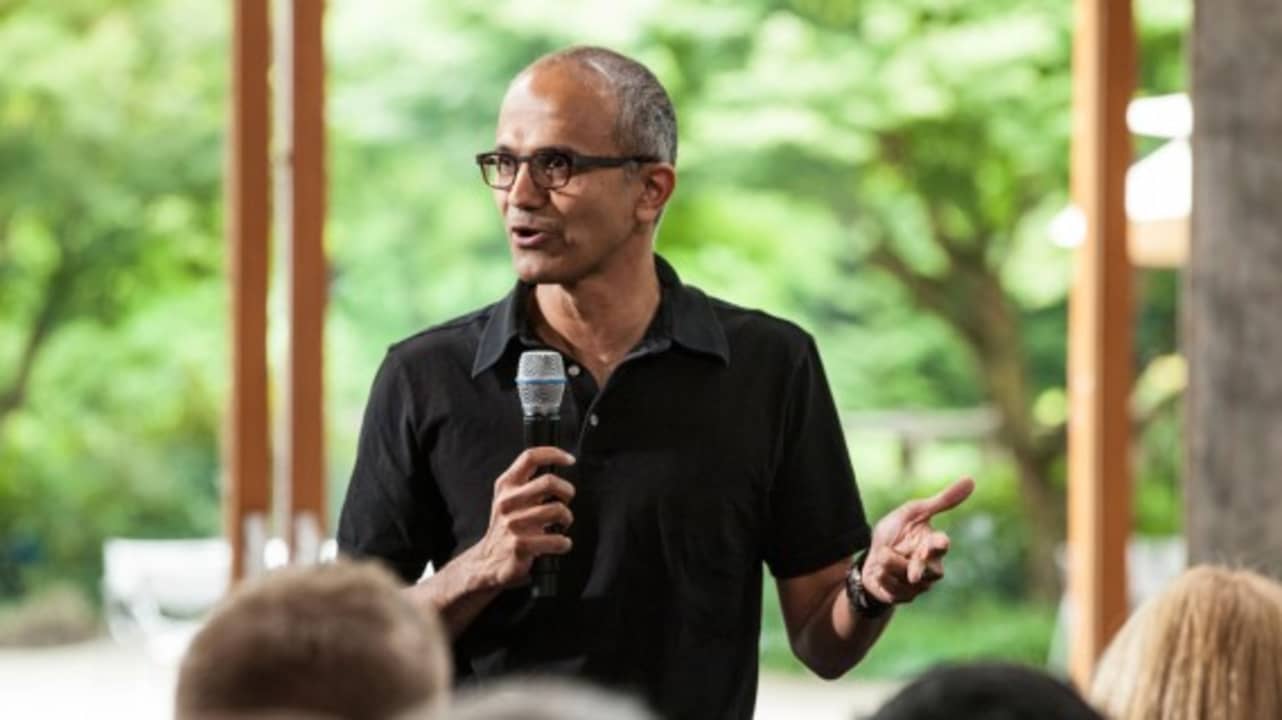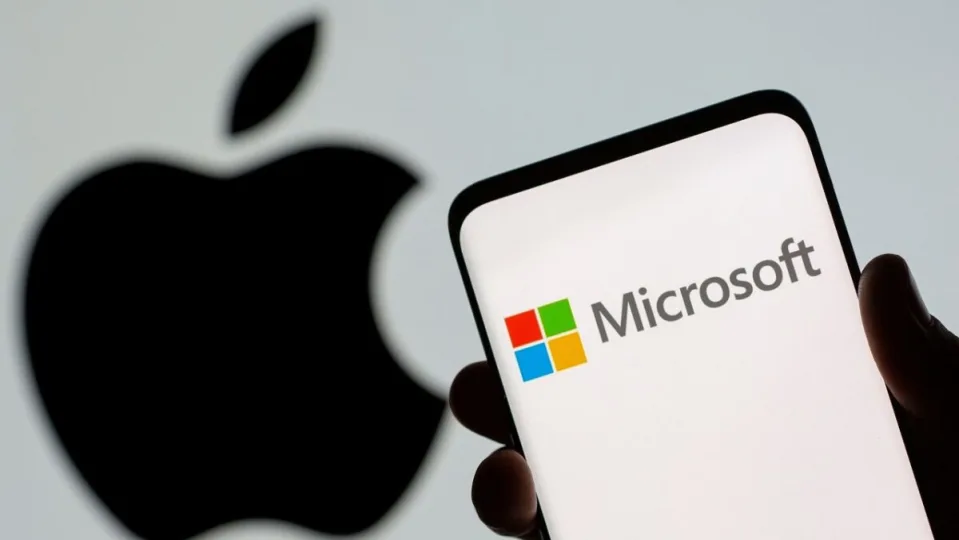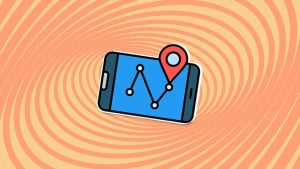Many times we talk about big tech companies as if they were one entity. And while in some ways they are, the reality is that they all compete among themselves to get the biggest slice of the pie. In other words, they all want to be number one: that’s achieved by being the most valued in the stock market.
Since 2011, Apple has been the world’s largest company by market capitalization on almost a daily basis, occasionally slipping to the second position. When it first claimed the title, Apple was worth just under $340 billion.
Last June, it became the first company in history to reach a market capitalization of $3 trillion. The company’s ascent and sustained dominance have been propelled by innovation, elegant design, and a maniacal focus on small details.
A change in the business world coming in 2024
In 2024, it is very likely that Microsoft will surpass Apple in market capitalization and maintain that leadership in the immediate future. This will be achieved through innovation, while Apple seems content with milking an aging product line for end results.
It’s no secret that Apple’s astonishing success was built on Steve Jobs’ unique vision. The company’s most significant products, from the Macintosh to the iPod, iMac, MacBook, iPhone, and iPad, bear his unique imprint. It’s not that he conceived entirely new products from scratch.
For instance, the Mac entered the market three years after IBM’s PC. And Microsoft already had a mobile operating system called Pocket PC and later Windows Mobile in 2003, four years before the iPhone’s launch.
However, Steve Jobs was able to reimagine existing products, to understand how people wanted to use them (even before people themselves knew it). The products he created transcended functionality; they were beautiful to look at, touch, and use. One could pick any of them, not necessarily to accomplish something specific, but to revel in the pleasure of using them.
Rarely do you derive pleasure from simply using something created by Microsoft. Windows Mobile, for instance, was a rather uninspiring operating system. Essentially, it was an attempt to cram Windows into a pocket, unpleasant and difficult to use, and it didn’t even allow for app downloads.
With superior software and top-notch hardware, the iPhone was everything that Windows Mobile wasn’t: an elegant design, something you couldn’t wait to get your hands on, and once you had it, something you couldn’t stop using.
Tim Cook has been an excellent steward of the work initiated by Jobs. He’s a classic technocrat, boosting efficiency, targeting new markets, and squeezing every possible dollar out of Apple’s products. But he’s not a visionary. Under his leadership, there haven’t been any groundbreaking new products. Yes, he launched the Apple Watch and the AirPods. But neither of them has changed the rules of the game. None transformed the world of technology or the world itself, as Steve Jobs’ products did.
The soft-spoken visionary of Microsoft
Microsoft has followed a trajectory exactly opposite to Apple’s. The company relied more on hard work than on vision. From the start, founder Bill Gates cared more about making as much money as possible, as quickly as possible, than about groundbreaking ideas or the elegance of their products.
Jobs always had a sharp tongue when it came to Gates, especially when he once said, “Bill is basically unimaginative and has never invented anything… He just shamelessly ripped off other people’s ideas.”
There was a lot of truth to that. But Steve Jobs also acknowledged that Gates was probably a smarter businessman than him, and he praised him, saying, “He never knew much about technology, but he had an astonishing instinct for what works.”
Microsoft’s second CEO, Steve Ballmer, cared even less about products than Gates did. He and Gates used Windows as a blunt object to crush competitors and gain market share in other areas. But that only worked for a while.
In the end, under Ballmer, Microsoft stagnated and then floundered. The reason was simple: the world left it behind. Google launched a search engine and a browser, and Microsoft couldn’t compete. Apple created the iPhone, and Microsoft couldn’t compete. Without innovative products, it was headed for a long and inevitable decline.

Satya Nadella took over as CEO in 2014, and everything changed
At first, Nadella seemed like a classic technocrat akin to Tim Cook. He dispassionately assessed Microsoft’s product line and axed losing products, notably Windows Phone, the company’s multibillion-dollar sinkhole. He recognized that the future lay in the cloud and doubled down on the company’s cloud-based products, also transitioning products like Microsoft Office (not Microsoft 365) to be cloud-based.
That turned the company around. But that alone isn’t enough to make Microsoft the biggest company in the world. This is where Nadella, with his soft-spoken demeanor, showed he could be as much a visionary as a technocrat.
He acknowledged that artificial intelligence (AI) is the future and made a bold bet on it: $13 billion in investments solely into OpenAI. Ultimately, AI will be used across all Microsoft products, both existing ones and those yet to come.
According to an estimate, AI will generate $12 trillion by 2030. Microsoft, currently leading in AI and likely to maintain its dominance, will be the top earner from it.
Combine this with the company’s significant presence in the cloud, and it’s likely that at some point in 2024, Microsoft will surpass Apple as the world’s largest company by market capitalization.
Apple won’t be able to catch up unless they introduce an innovative product, which seems unlikely under Cook. Ultimately, in the world of technology, it’s more about vision than efficiency.


